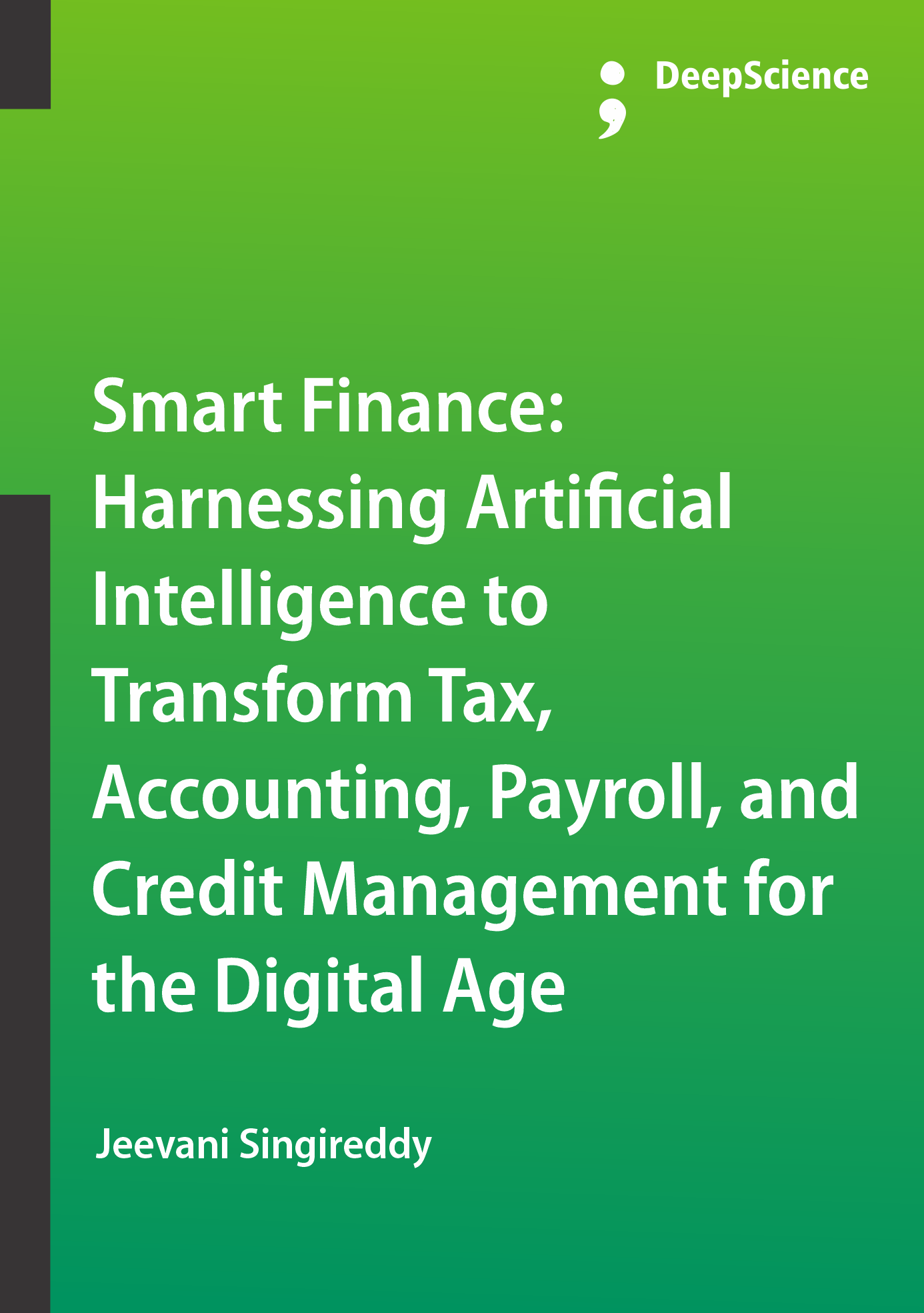The financial frontier: Redefining traditional finance in the era of artificial intelligence
Synopsis
In the past several decades, both financial structures and technologies of financial products have evolved dramatically. With the emergence of social networks and mobile Internet, the vast amount and complexity of financial data have grown exponentially. Market participants become incredibly heterogeneous; signals of emerging platforms spread globally too quickly and have a more dramatic impact on decisions. Unavoidably, the complexities and uncertainties of the environment have generated considerable challenges for financial decision making.
As the core technology of the new technological revolution, artificial intelligence (AI) offers effective tools to redefine finance and has profoundly transformed financial systems. AI broadly refers to the simulation of human intelligence by computer. Additionally, AI technique works dynamically across different time scales to judge the independent value of historical events through the structure of event impact propagation networks and builds a causal governance/network model that aids the interpretation of AI techniques in finance. AI-enabled finance will bring new dividends to boost the global economy, improve risk control, regulate marketing, and protect investors. However, learning trustworthy AI in finance is challenging because of its unrealistic assumptions, implementation limitations, and financial decision realization limitations. Finance lags in AI governance with challenges in responsibility, accountability, fairness, and privacy. Concerns and new concerns in terms of ethical AI, AI in algorithmic trading/money laundering/fraud detection, and ‘AI fatigue’ become more severe.
The capital market service providers, otherwise known as the next generation financial technology, comprise a FAI/machine learning-based technology group. They consider developing new AI-based products as the essential requirement, focusing on the hidden knowledge potentially available from the data of clients/services and expertise, i.e. the information inside the big data. The data intelligence policy is to mine this information knowledge by means of matching the big data with the FAI 2.0 algorithms and comprehension models. In the investment banking industry, the AI/FAI agents are designed to develop self-learning and adaptive smart systems that change and learn without being explicitly programmed or described.













